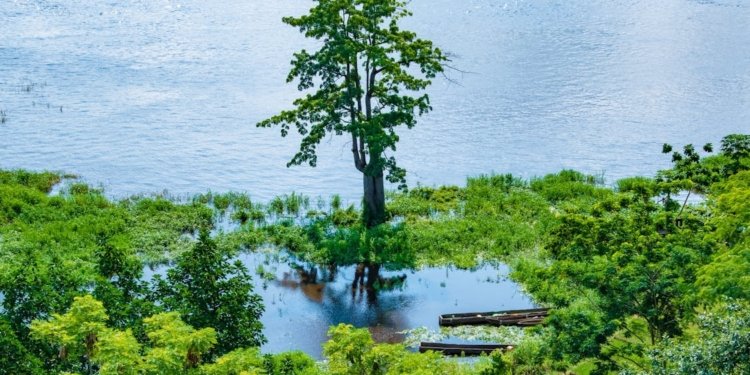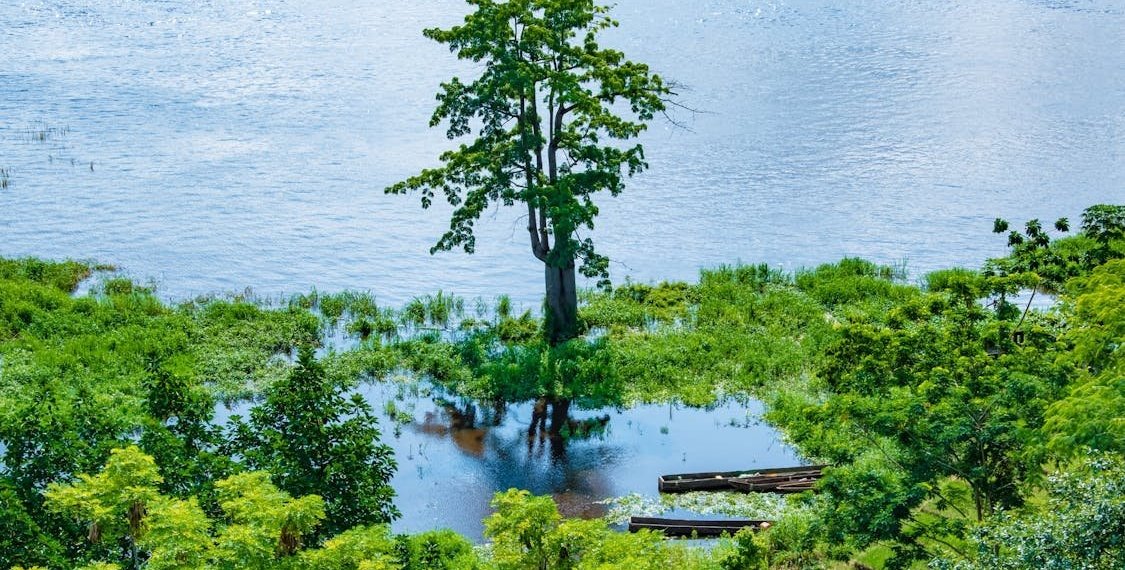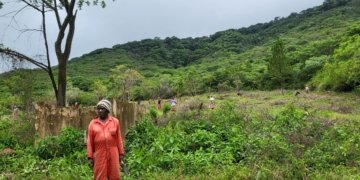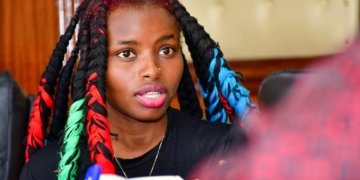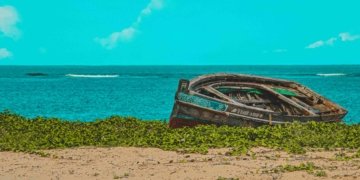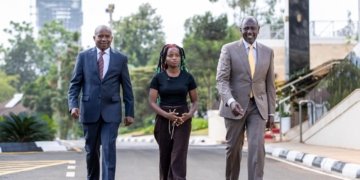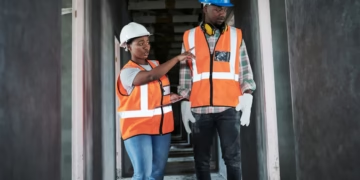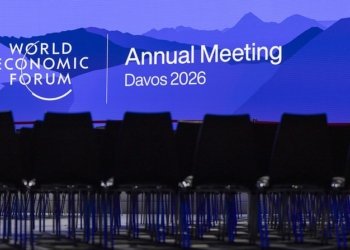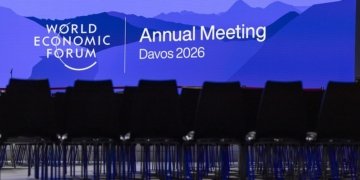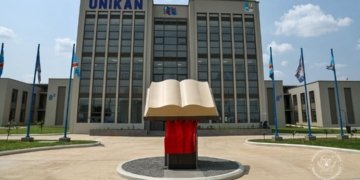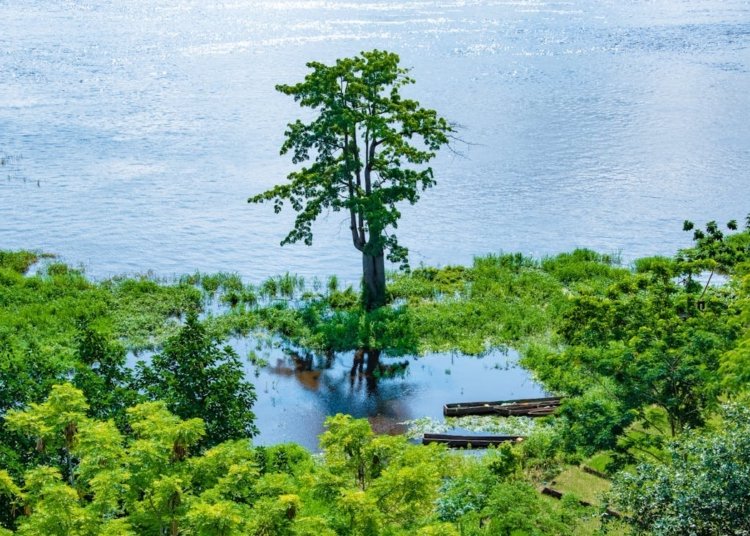KINSHASA, Democratic Republic of Congo (BG) – The Democratic Republic of Congo (DRC) is advancing plans to launch a debt-for-nature swap, a pioneering financial mechanism designed to fund climate resilience and sustainable development while reducing its public debt.
In a statement released on Monday, the United Nations Economic Commission for Africa (ECA) highlighted the workshop organized in collaboration with the DRC’s Ministry of Finance.
The event brought together officials from the Ministry of Finance, the Central Bank of Congo, and the General Directorate of Public Debt, alongside representatives of technical and financial partners.
The French Development Agency backed a technical study presented at the workshop, which analyzed the DRC’s debt portfolio and identified conservation and green development projects suitable for a debt-for-nature program.
Suggested projects include forest conservation, sustainable agriculture, and initiatives within the battery and electric vehicle (EV) value chain.
“The DRC is positioning itself as a solution country in the face of climate change,” said Doudou Fwamba Likunde Li-Botayi, Minister of Finance. “The Debt Swap represents an innovative opportunity to convert part of our debt into strategic investments in sectors such as education, health, agriculture, and infrastructure.”
Debt-for-Nature Swaps: A Pathway to Green Growth
Debt-for-nature swaps are innovative agreements where a portion of a country’s debt is forgiven or restructured in exchange for investments in conservation and climate resilience.
This could translate into significant investments for the DRC without exacerbating its debt challenges, aligning with the country’s green development objectives.
Jean-Marc Kilolo, an economist at the ECA’s Macroeconomic, Finance, and Domestic Resource Mobilization Division, emphasized the organisation’s role in deepening financial markets in Africa and exploring innovative finance options to support resource-based industrialization.
“ECA provides technical support to African countries to develop local currency bond markets and set up their stock exchanges,” he said.
Industrial Transformation Through Green Minerals
Beyond conservation, the DRC envisions debt swaps as an avenue for industrial transformation.
The country, which boasts abundant reserves of cobalt, copper, and lithium, aims to localize the production of battery precursors for EVs, making its exports more sustainable and competitive.
A Bloomberg study, commissioned by the ECA, underscores the cost-effectiveness of producing battery components in the DRC compared to global competitors like China and the United States.
This vision was cemented in March 2023, when the DRC, Zambia, and partners such as the ECA and Afreximbank signed a framework agreement to establish Special Economic Zones for battery precursor production.
Africa’s role as a supplier of “green minerals” is pivotal for renewable energy technologies.
A single EV battery requires significant amounts of cobalt, graphite, and copper, materials in which the DRC is uniquely rich.
The successful implementation of the debt-for-nature program would mark the DRC’s first foray into such financial arrangements and the first-ever “debt-for-industrialization swap,” a model that could redefine sustainable development financing in Africa.
The DRC, which supplies over 70% of the world’s cobalt and 10% of global copper alongside Zambia, is well positioned to drive the green energy transition.
